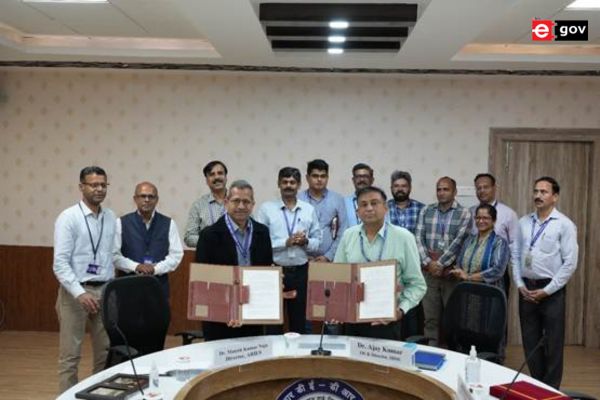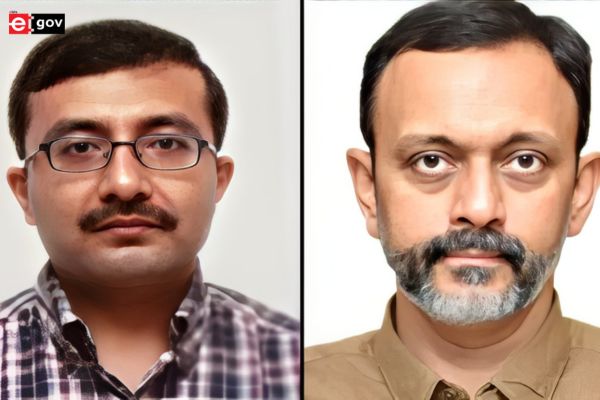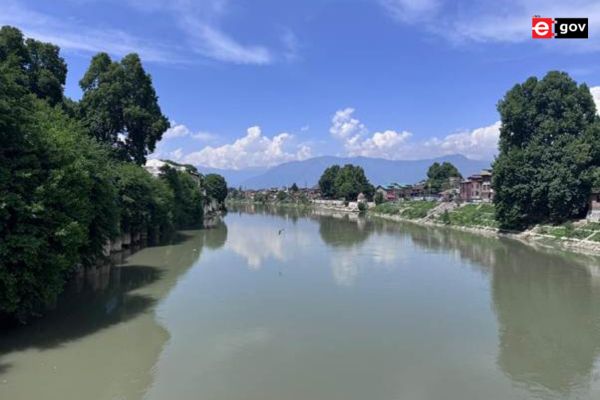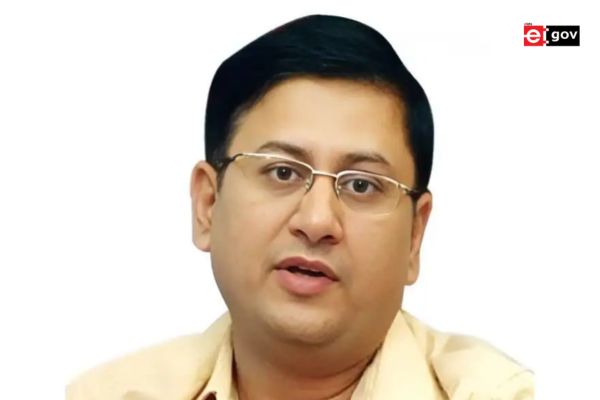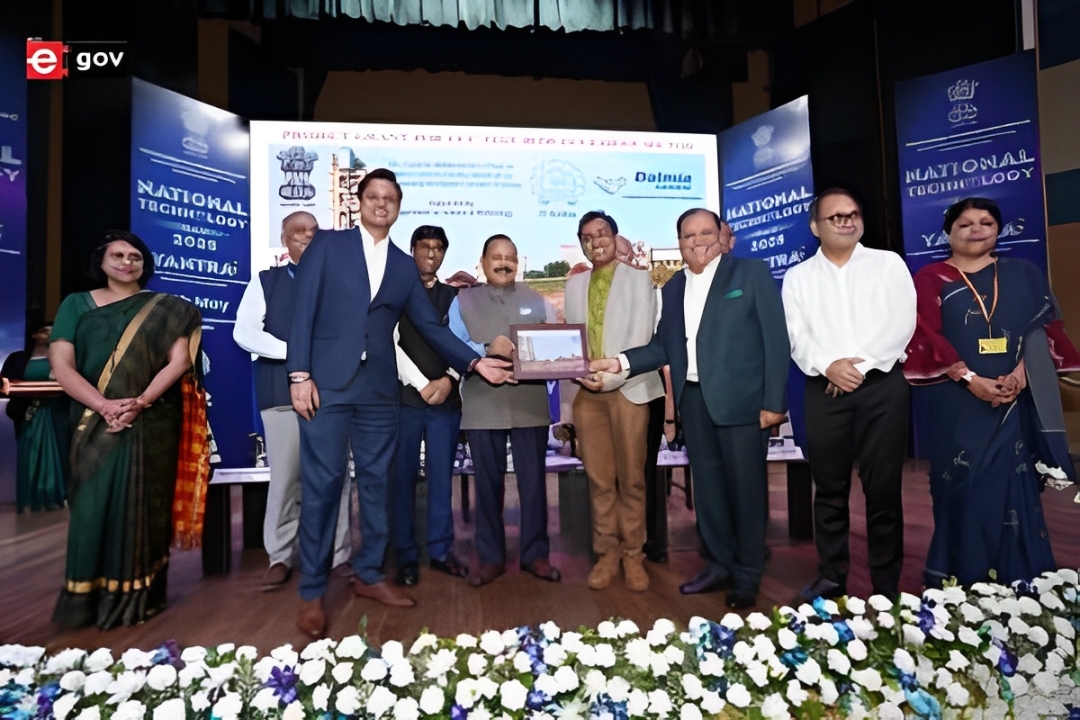
In a landmark development aimed at reducing industrial carbon emissions, the Department of Science and Technology (DST), under the Ministry of Science and Technology, has initiated the country’s first cluster of Carbon Capture and Utilisation (CCU) testbeds in the cement sector. The announcement was made during the National Technology Day celebrations on 11 May 2025 in New Delhi.
This initiative, supported through a unique academia-industry-public partnership model, marks a critical step towards meeting India’s Nationally Determined Contributions (NDCs) and long-term net-zero emissions goal by 2070. By targeting the cement industry—an essential yet hard-to-abate sector—these testbeds aim to demonstrate scalable, cost-effective CCU technologies capable of capturing carbon dioxide and converting it into commercially viable products.

The Energy and Sustainable Technology (CEST) Division of DST had launched a special call to establish these testbeds through consortia of research institutions and cement manufacturers. The initiative reflects a broader national commitment to industrial decarbonisation, offering a research-driven model for achieving sustainability without compromising on operational efficiency.

Five CCU testbeds have been sanctioned and will be developed through collaborative efforts involving top academic institutions and major cement companies. Each testbed employs distinct technological approaches to carbon capture and re-utilisation:

- Testbed 1, located in Ballabhgarh, Haryana, is hosted by the National Council for Cement and Building Materials in partnership with JK Cement Ltd. It features a pilot plant designed to capture 2 tonnes of CO₂ per day using oxygen-enhanced calcination, converting emissions into lightweight concrete blocks and olefins.
- Testbed 2 is spearheaded by IIT Kanpur in collaboration with JSW Cement and focuses on carbon-negative mineralisation—a process that locks carbon dioxide into stable mineral forms.
- Testbed 3, a partnership between IIT Bombay and Dalmia Cement, aims to develop a catalyst-driven CO₂ capture process for integration into operational cement plants, thereby scaling indigenous green technologies.
- Testbed 4 brings together CSIR-Indian Institute of Petroleum, IIT Tirupati, and IISc with JSW Cement. It uses Vacuum Swing Adsorption (VSA) to separate CO₂ from kiln gases, enabling closed-loop utilisation in construction materials.
- Testbed 5, led by IIT Madras and BITS Pilani Goa in partnership with Ultratech Cement, explores advanced carbon-lowering innovations through blended research and practical implementation.
Speaking at the launch event, the Union Minister of State for Science and Technology emphasised the transformative potential of these testbeds in achieving technological sovereignty and sustainable growth. Senior officials from DST, including the Secretary and other dignitaries, were also present.

Also Read: DRDO Units and DST Unite to Advance Space Situational Awareness in Uttarakhand
These pilot projects are expected to accelerate the commercialisation of CCU technologies and reduce the cost of green cement. With continued innovation in catalysts, materials, and electrochemical systems, India aims to make sustainable cement production both technically feasible and economically viable.
As the world faces mounting climate challenges, this initiative places India at the forefront of industrial decarbonisation, demonstrating leadership through innovation, collaboration, and commitment to a cleaner future.
Be a part of Elets Collaborative Initiatives. Join Us for Upcoming Events and explore business opportunities. Like us on Facebook , connect with us on LinkedIn and follow us on Twitter, Instagram.
"Exciting news! Elets technomedia is now on WhatsApp Channels Subscribe today by clicking the link and stay updated with the latest insights!" Click here!





